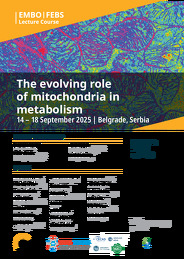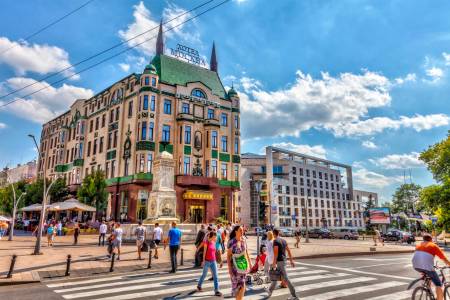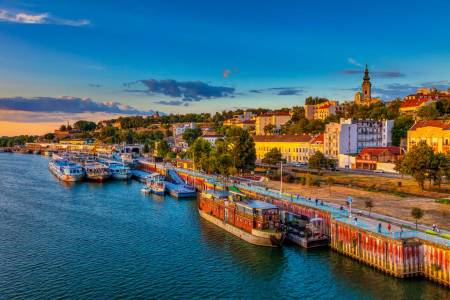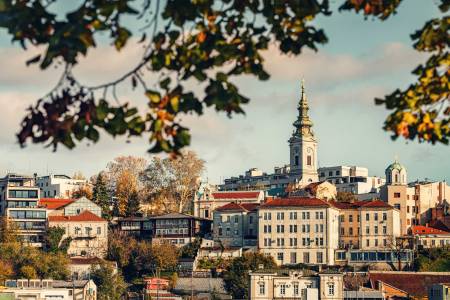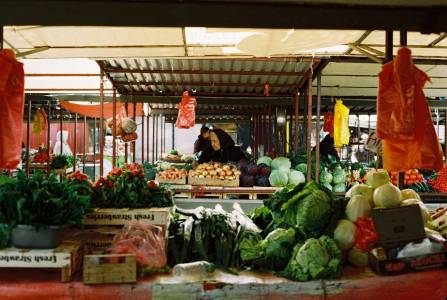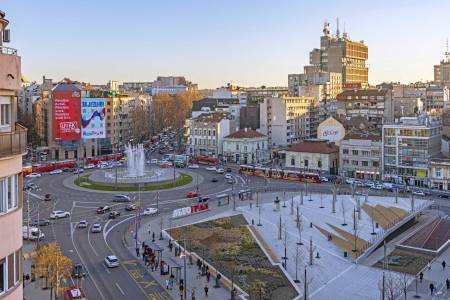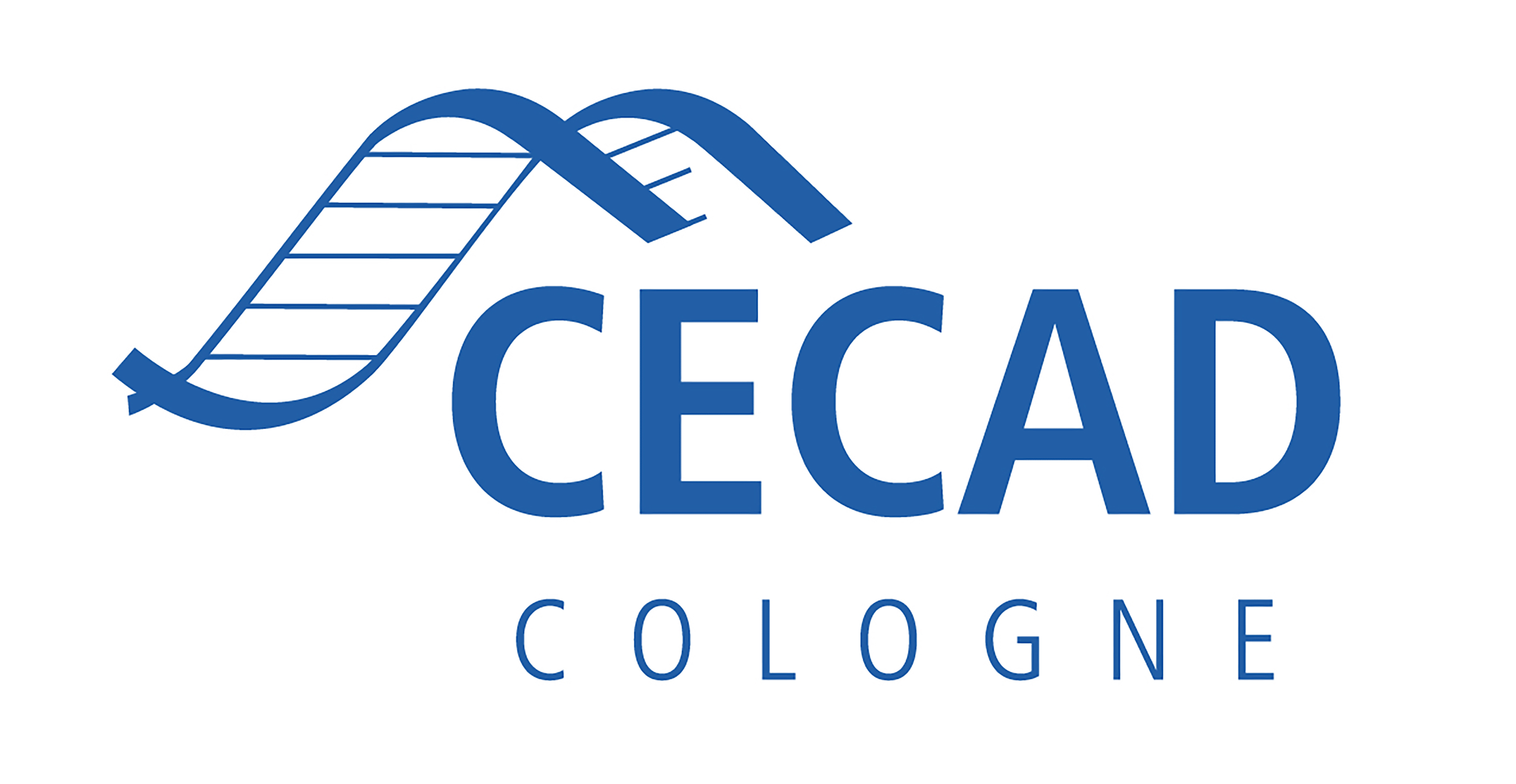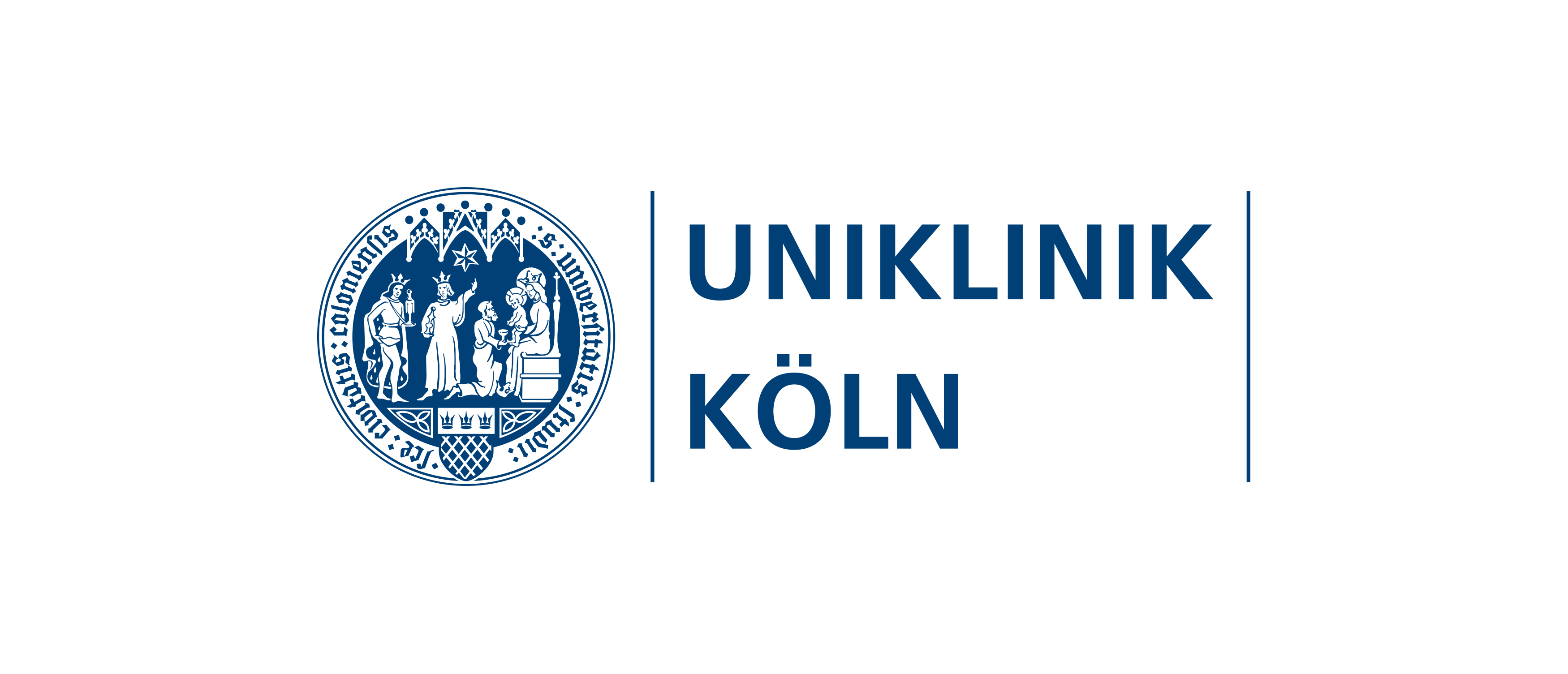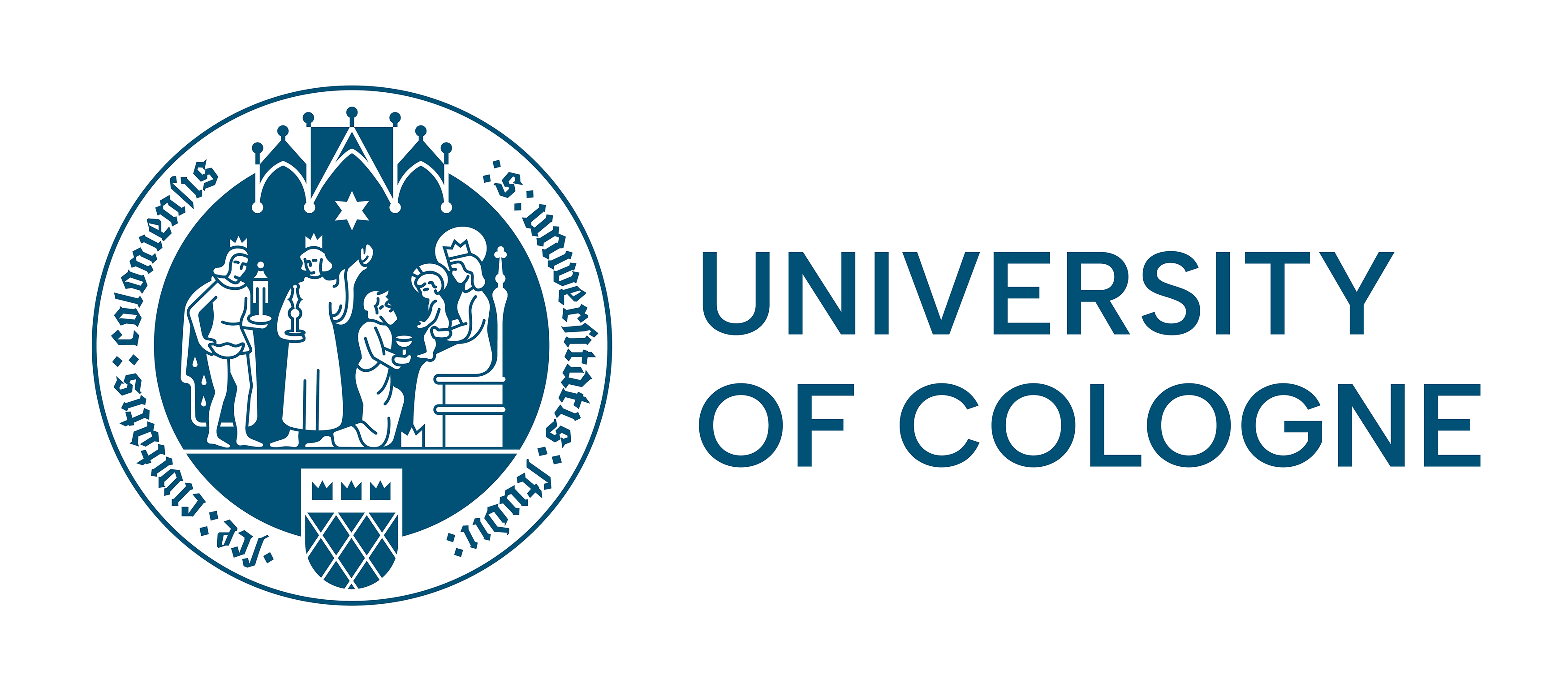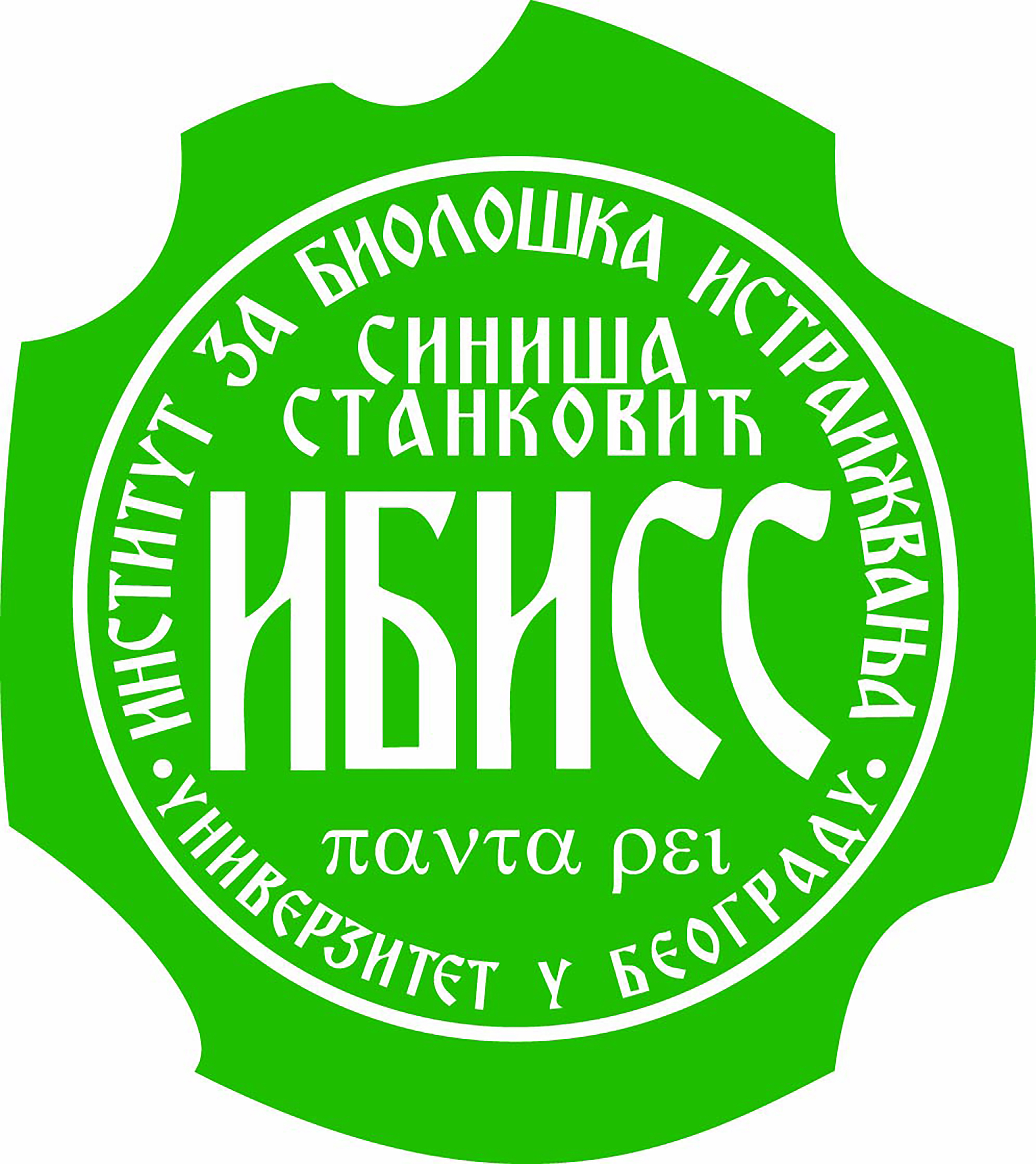Registration includes:
- 4 nights full board accommodation (double occupancy) including breakfast (14.-18- September 2025),
- Meals include opening ceremony cocktail, 4x lunch and 2x dinner in the venue (Belgrade Youth Center) and Meeting
- Gala dinner.
Payment
Selected participants will be sent payment details via Email.
Cancellation Policy
Refund of registration fees will be as follows:
- 100% refund (minus 50,00 € handling fee) if a notification e-mail reaches the Course Secretariat by July 15 2025
- 50% refund (minus 50,00 € handling fee) if a notification e-mail reaches the Course Secretariat between July 15 and August 15 2025.
- No refund on cancellations past August 15, 2025.
Send all correspondence to:
embofebs.montenegro@gmail.com
Selection criteria
To maintain a maximal degree of interaction between all attendees, the number of participants will be limited to 93 for students and postdoctoral fellows (the main target of the lecture series) and 18 speakers, (including 2 member of the organization committee) that we invited and that have agreed to participate. In addition, positions will be available to a few senior scientists (having a total of approximately 5 PIs) with experience in different areas of mitochondrial biology.
Based on the experience from the previous advanced lecture courses, we expect about 80% of applicants to be from Europe, 10% from North America and 10% from other countries. As previous courses also experienced a high number of applications from students and post- docs, selection of the participants will be done by the Organizing Committee. We try to achieve that the participants at the meeting reflect the broad field of mitochondrial biology. Thus, we will consider as many different research groups as possible, which may require to limit the participants from one group to two students. Moreover, we will attempt to balance different topics as well as model systems and give special considerations to newly emerging aspects of mitochondrial biology. As for the invited speakers (50% females), a balance between male/female participants will also be maintained in the selection of applicants.
For senior scientists:
In the case their number outnumbers the expected figures, precedence will be given to scientists with experience in mitochondrial biology
Abstract guidelines
Submitted abstracts should be no longer than 300 words, including Title and Headings.
Poster specifications
Each author will have a board space of (HxW) 180 cm x 96 cm (5ft 10in x 3ft 2in), on which to mount the poster. The poster should be designed to summarize current research in graphic forms. Presentations should be self-explanatory so that the author is free to supplement and discuss particular points. For easy identification, provide a poster heading, listing its title and author(s), identical to that on the official program.
The poster board is double-sided with one presentation on each side. Your assigned number will be in the upper left corner of the poster board. The boards will be arranged in numerical order.
The poster sessions have a designated time in which the poster presenters are requested to be available at their poster to discuss their research with the meeting attendees.
Travel grants and registration fee waivers
A limited number of FEBS Youth Travel Funds (YTF) Awards are available to support participation of early-career scientists in this event. These funds will cover the registration fee (including costs of event meals, and shared accommodation in a twin room) and possibly a contribution towards travel expenses, up to a maximum of 800 EUR per person.
The selection of applicants to receive FEBS YTF awards will be carried out by the Course Organizers on the basis of CV, Abstract and Motivation Letter and approved by the FEBS Treasury Office according to the FEBS YTF eligibility criteria
Child care grants
EMBO Courses and Workshops offers grants to offset additional childcare costs incurred by participants or speakers when participating at any EMBO Courses and Workshop funded meeting. Eligible costs include fees for a caregiver or child-care facility, travel costs for a caregiver, or travel costs for taking the child to the meeting etc. Please indicate on the registration form whether you would like to be considered for the grant. Please also describe how you intend to use the childcare grant and specify the sum that you will need.
Code of conduct
Anti-harassment and non-discrimination policy
At EMBO, we believe that harassment and discriminatory behaviour are unacceptable in any setting.
Media and communications policy
Recording or communication of the presented data needs to be agreed upon by all concerned.
EMBO's code of conduct is applicable for all participants of this EMBO meeting and can be found here.




